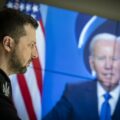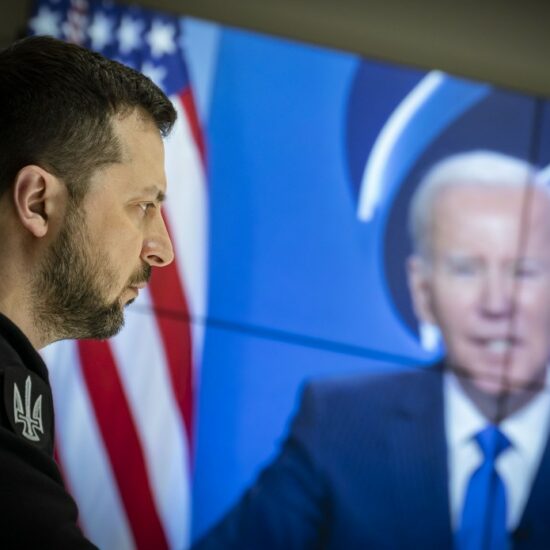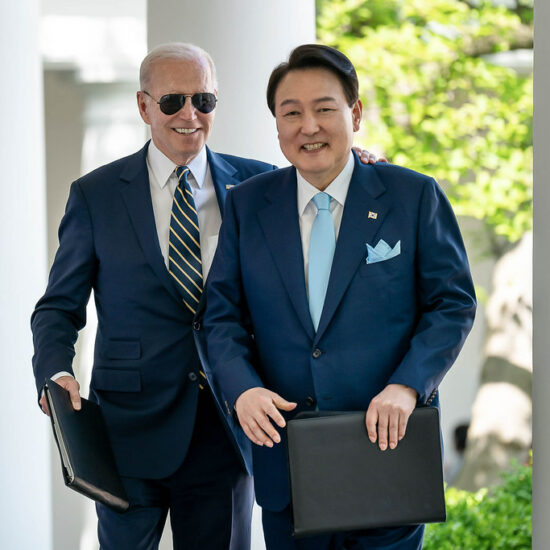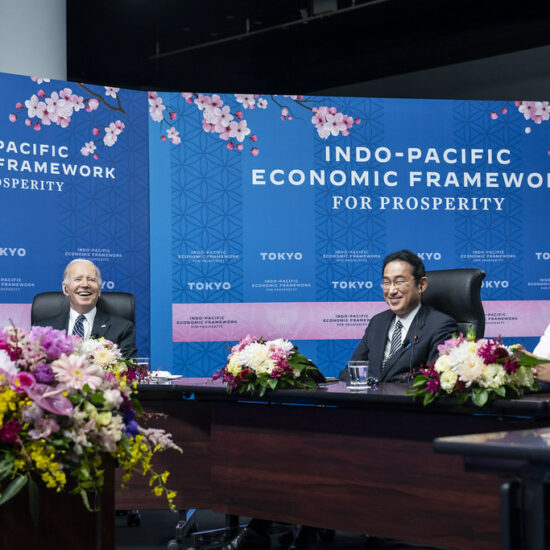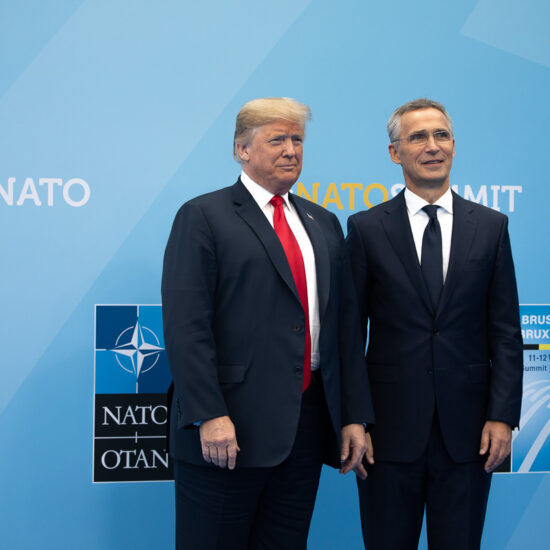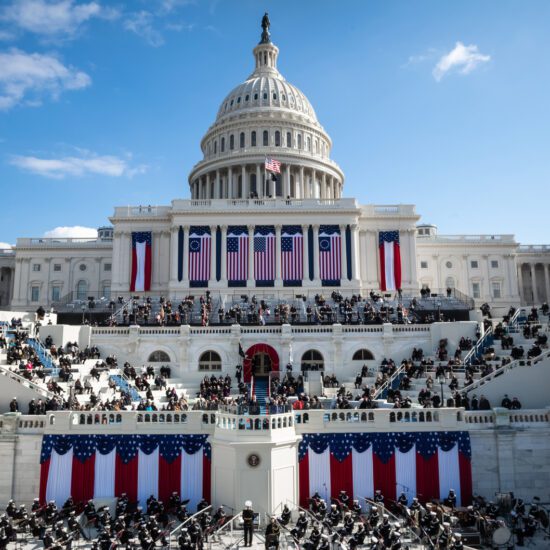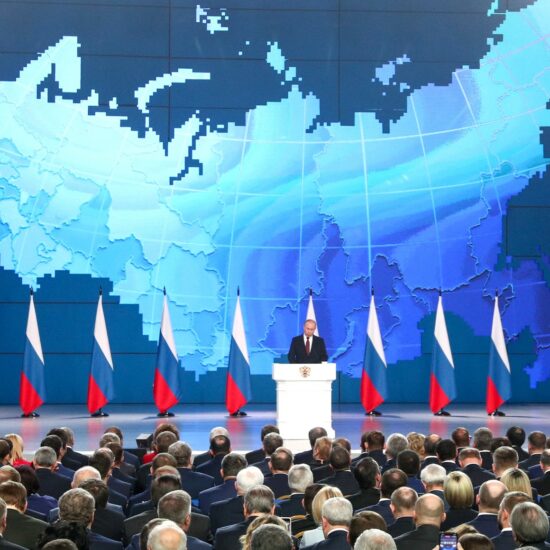Policy Brief By Bijan Ahmadi, Executive Director, Institute for Peace & Diplomacy
A year ago, the Trump administration unilaterally pulled out of the UN approved Iran nuclear agreement (JCPOA) and re-imposed sanctions on Iran including its oil and financial sectors. The main victims of these unilateral sanctions are the Iranian people. Iranian economy has fallen into a deep recession since the reimposition of US sanctions. The sanctions are driving millions of ordinary Iranian citizens into poverty and have significantly impacted people’s access to medicine and health care.
Under the terms of the JCPOA, Iran agreed to curb its nuclear activities and to allow for a stricter international inspections regime. In return, all nuclear-related sanctions against Iran were supposed to be removed to facilitate the country’s re-engagement with the international economy. Based on 14 reports by the IAEA, Iran has fully complied with its obligations before and after US withdrawal.
The US sanctions, which are in violation of the UN Security Council resolution 2231, have hit the Iranian economy on all fronts. Many of the major corporations that entered the Iranian market after the nuclear agreement have already left the country in fear of US sanctions. Right after reimposition of US sanctions several countries either stopped purchasing oil from Iran or significantly reduced their purchases. Recently the Trump administration announced that it will not provide any waivers to importers of Iranian oil in an attempt to reduce Iran’s oil revenue to zero. Oil exports account for around 40% of Iran’s budget.
After reimposition of US sanctions, the Belgium-based SWIFT financial messaging service disconnected Iranian banks by halting services to facilitate their transactions. The Iranian currency Rial has lost nearly two-thirds of its value since Trump announced his decision to withdraw from the nuclear agreement. Based on recent reports, the Iranian economy shrank by around 4% in the last year. The IMF expects the Iranian economy to shrink further and the inflation rate to reach 40% this year. The Iranian people have been the main victims of the poor economic condition. Rising prices of food and basic necessities have put tremendous pressure on the ordinary citizens of Iran.
The US unilateral sanctions have severely impacted Iranians access to medicine. While US officials have repeatedly said that their sanctions include exemptions for food, medicine and humanitarian goods, in reality they have listed some of the major Iranian pharmaceutical companies in their list of sanctions. Also the sanctions on the Iranian banking system have significantly limited Iran’s ability to purchase necessary medicine and medical equipment and have sharply increased the cost for Iranian patients as a result.
In a recent correspondence published in The Lancet Oncology by Dr. Mithra Ghalibafian from MAHAK Pediatric Cancer Treatment and Research Center in Tehran and Dr. Eric Bouffet from The Hospital for Sick Children in Toronto they have warned about possible medicine shortage for children with cancer in Iran and said “international global medical support is urgently needed to avoid looming medical tragedy”.
In addition to that, the UN Special Rapporteur Idriss Jazairy called the sanctions on Iran “unjust and harmful”. He further added that these sanctions “are destroying the economy and currency of Iran, driving millions of people into poverty and making imported goods unaffordable”. In a recent statement published last week Mr. Jazairy added “I am deeply concerned that one State can use its dominant position in international finance to harm not only the Iranian people, who have followed their obligations under the UN-approved nuclear deal to this day, but also everyone in the world who trades with them.”
UN Rapporteur Idriss Jazairy urges the international community to take action: “the international community must come together to challenge what amounts to blockades ignoring a country’s sovereignty, the human rights of its people, and the rights of third countries trading with sanctioned States, all while constituting a threat to world peace and security.”
The Canadian Minister of Foreign Affairs Chrystia Freeland has announced that Canada does not agree with president Trump’s withdrawal from the JCPOA. In a statement issued by Minister Freeland’s office JCPOA has been considered to be “essential for ensuring regional and global security”. It is therefore upon the Canadian government to take concrete steps to preserve the Iran nuclear agreement in order to help Iranian people and also maintain peace and regional stability.
To save the Iran deal, Canada’s European allies have announced their plans for setting up a special payment mechanism or INSTEX to facilitate lawful trade and financial transactions with Iran. Switzerland is also planning to launch a payment system for Iran to purchase medicine and humanitarian goods. Canada must help its allies by joining these special payment systems and supporting their efforts on the international stage.
In addition, Canada should not follow the US policy against Iran. Any further Canadian sanctions against Iran at a time when Canada’s European allies are trying to resuscitate Iran nuclear deal will isolate Canada from Europe’s multilateral approach of diplomatic engagement and would bring us closer to reactionary policies of Donald Trump.
On the issue of access to medicine and medical equipment, considering the significant population of Iranians living in Canada and the strong network of Iranian-Canadian civil society organizations, the federal government can directly engage and support the efforts of credible and independent Iranian charities and non-profit organizations, which are working tirelessly to help Iranian patients who cannot access or afford necessary medications.
The negotiations that led to the signing of the historic nuclear agreement between Iran and the P5+1 countries (US, UK, Russia, China, France and Germany) in 2015 along with Iranians’ full compliance, even after US withdrawal, is a clear indication that through constructive diplomatic engagement key conflicts and disagreements between the West and Iran can be effectively addressed. On the other hand, resorting to sanctions, coercive tactics and regime change policies to force change in the Middle East have proven time and again to be disastrous and destabilizing especially for the people in the Middle East region. A great example of which can be found in the case of Iran’s neighbouring country of Iraq where sanctions and eventually military confrontation destabilized Iraq and led to the negative consequences which are still evident to this date in the region and beyond.
Instead of pursuing Trump’s misguided Iran policy, Canada must join its European allies in their efforts to preserve the nuclear agreement and help the Iranian people to ensure they can access humanitarian goods including medicine and medical equipment.

